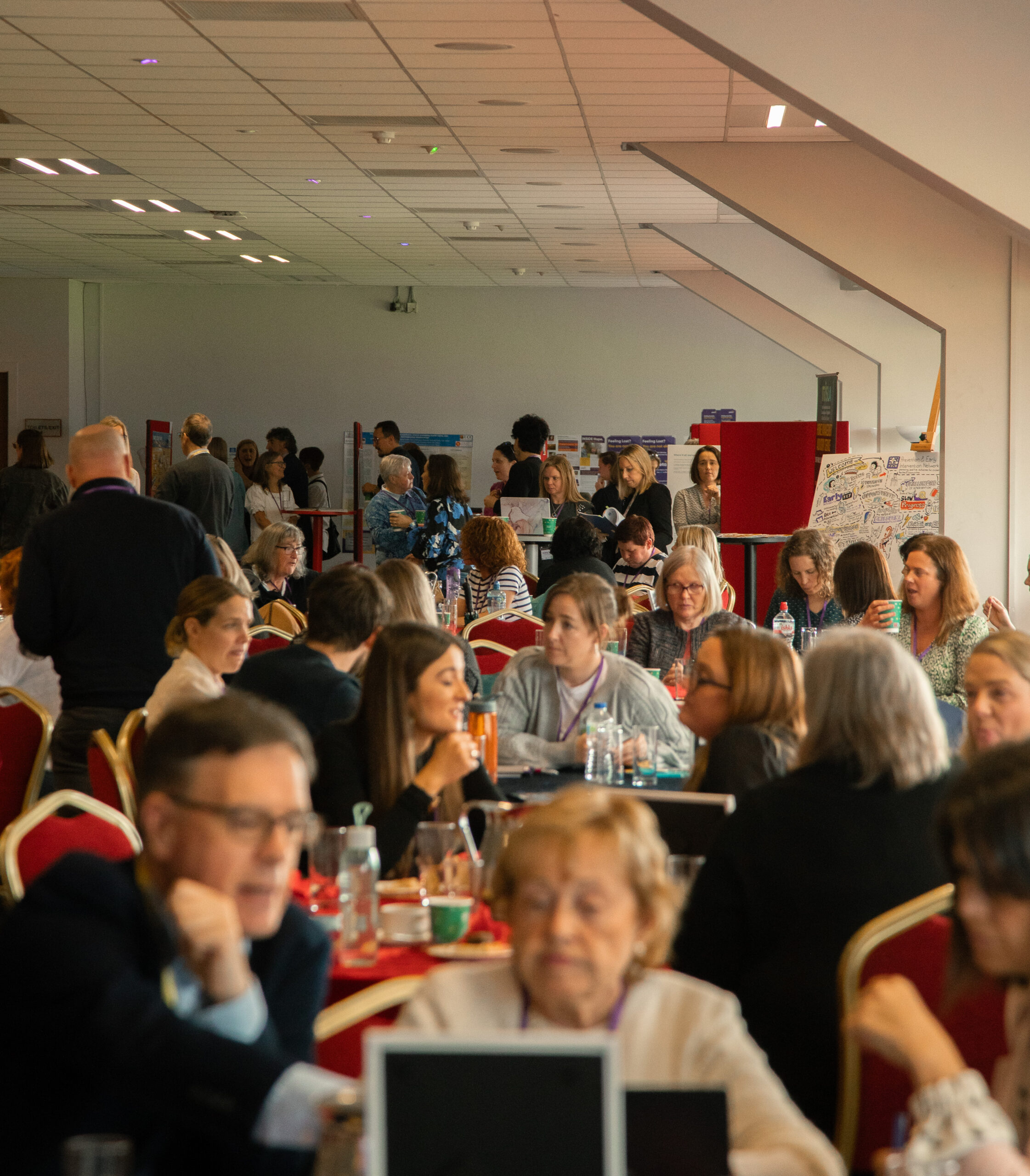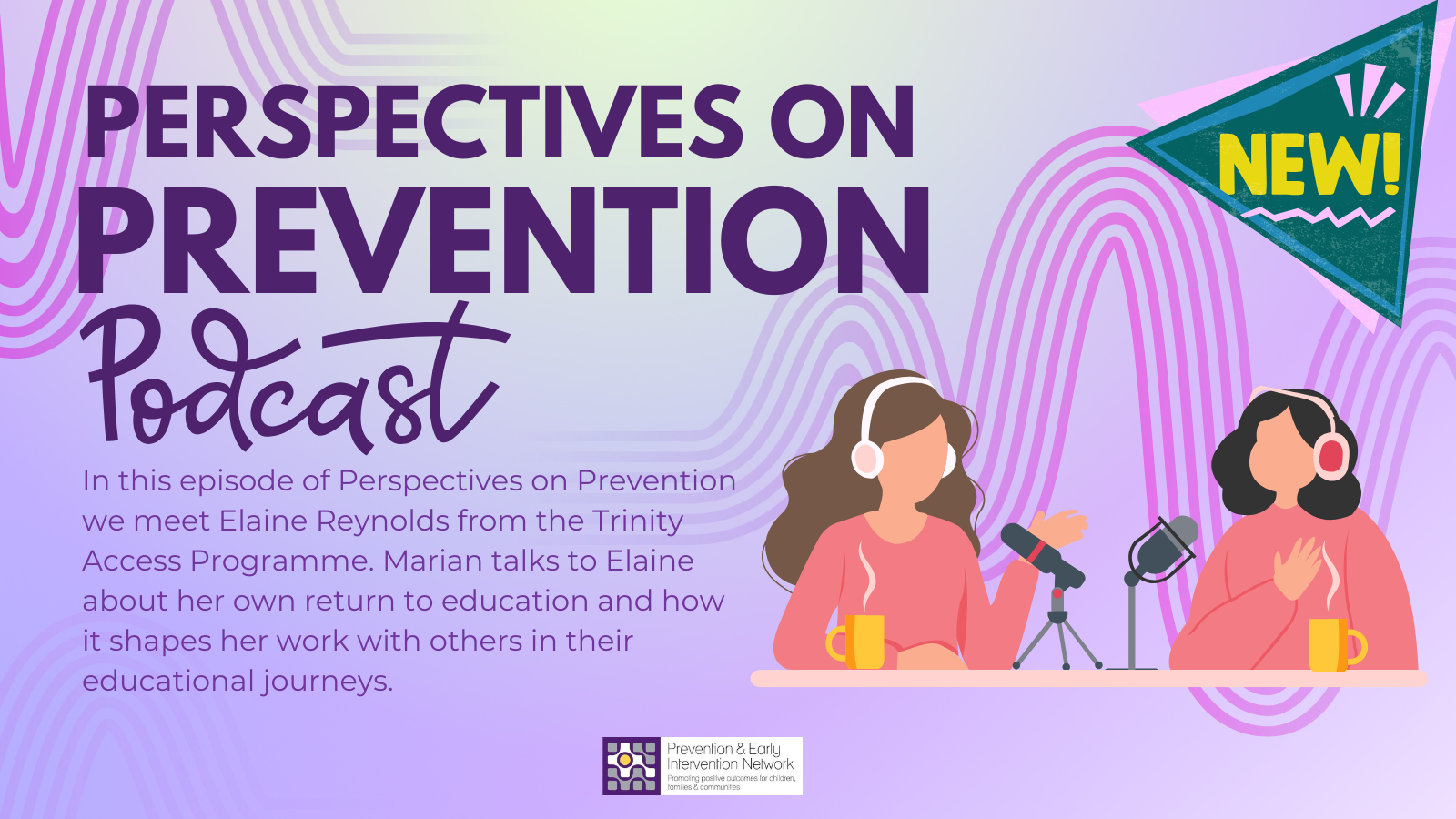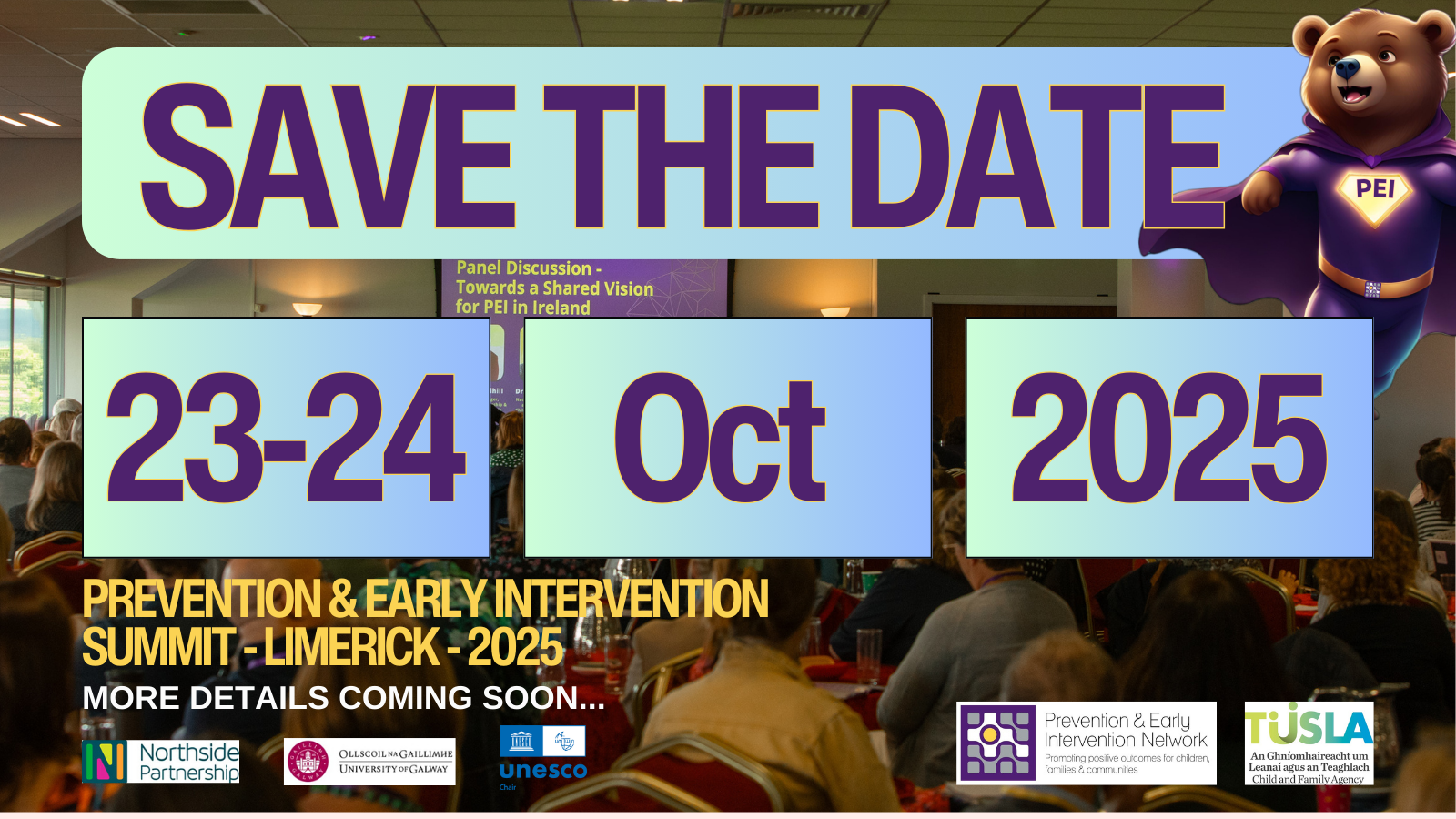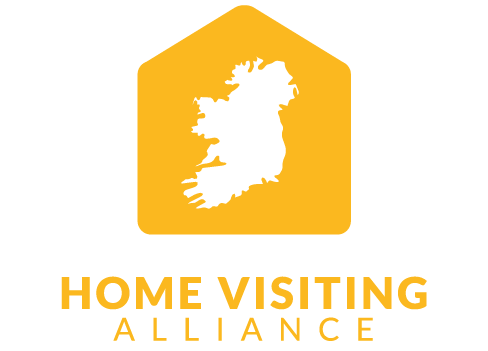
20/09/20: Summit in Limerick calls on government to “invest in smoke alarms instead of spending disproportionately on fire extinguishers.”
Hosted by the Prevention and Early Intervention Network, Tusla and the UNESCO Child and Family Research Centre, University of Galway, a 2-day summit in Limerick on Sept 21 & 22, brings together people with lived experience of poverty, practitioners, policy-makers and researchers, providing a collective voice for the need to act earlier to support children and families.
While the speakers may come from multiple disciplines, they are united in the warning- the State needs to invest in smoke alarms instead of spending disproportionately on fire extinguishers.
Headline speakers at the event include Dr Katriona O’Sullivan, psychologist and author of Poor, an account of her childhood which debuted at #1 on the Irish Non-Fiction bestseller list; Prof John Canavan of the Galway UNESCO centre and Dr. Catherine Darker is the Associate Professor of Health Services Research, Trinity College Dublin.
Dr. Katríona O’Sullivan describes how one teacher’s kindness and practical support helped her to climb out from much of the neglect she endured at home. The teacher, Ms. Arkinson, taught her how to wash every morning in the school toilets and kept a supply of clean underwear for her. Dr. O‘Sullivan is now calling for adequate supports for early years, practitioners, teachers and youth workers. “The work that they did to support me, in my early years, while I was living in abject poverty, saved my life. We need to ensure that more children like me are supported to reach their full potential.”
Dr. Maria O’Dwyer, national coordinator of the Prevention and Early Intervention Network, said: “Ongoing funding cuts and dwindling resources mean that the competition for support will see many already vulnerable children further disadvantaged. The State needs to prioritise a preventive approach rather than one of crisis response or else our failures for this generation of children will become the scandal that the next generation will have to deal with the fallout from, and that is an entirely avoidable burden for both.”
Chair of PEIN Francis Chance said: “Prevention and early intervention services are delivered within statutory agencies, such as the Child Health Service delivered by Public Health Nurses in the HSE. However, Community and Voluntary Sector agencies deliver the bulk of our family support services, typically under service agreements with Tusla or the Health Service Executive. These services barely touch the tip of the iceberg of need among children and families.
The fundamental building blocks of a prevention and early intervention approach include a whole-child, whole-family and whole-community vision, focusing in a joined-up way on housing, poverty, health, education, community, access to supports and so on. No matter where a child lives in Ireland, they should have easy and early access to a continuum of supports. Every parent should have timely access to evidence-based programmes in parenting and child development, with those who face particular challenges receiving enhanced levels of support. Such an approach requires state agencies to think and work outside of silos, working cooperatively and collaboratively to address the needs of children and families in our communities.”
The Summit continues until Friday afternoon, when Roderic O’Gorman, the Minister for Children, Equality, Disability, Integration and Youth will close out proceedings.
Click here: PEI Summit to view our delegate information pack.
continue reading
Related Posts
We are delighted to share the launch of our Celebrating Europe Initiative video, which premiered at our recent Annual General […]
The latest edition of Perspectives on Prevention Podcast has just dropped! In this episode Marian Quinn is joined in conversation […]
We are delighted to announce that the second Prevention and Early Intervention (PEI) Summit will take place this October in […]






